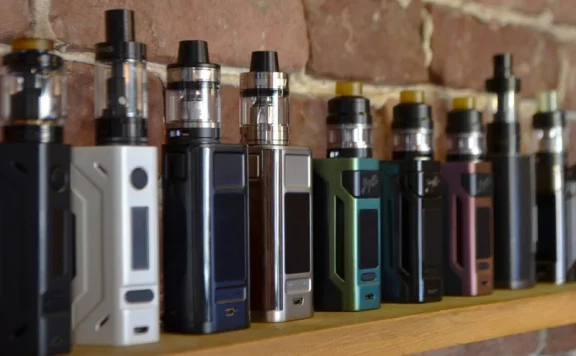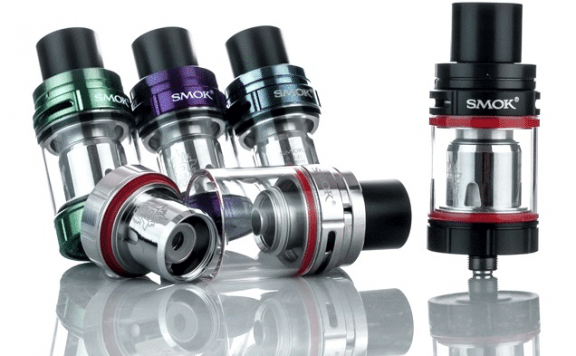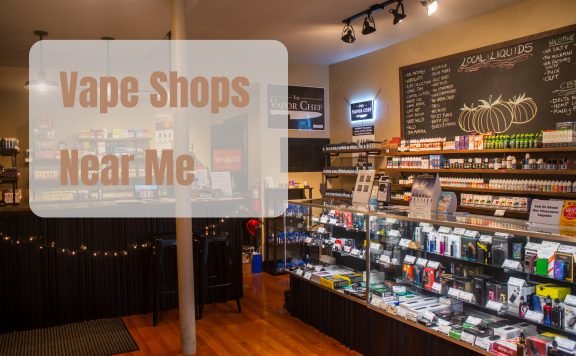Vaping is a popular activity across the globe, but regulations vary from country to country. In this blog post, we’ll be taking a closer look at the vaping regulations in Spain.
From the legal age to purchase e-cigarettes to advertising restrictions, this guide made by Vapori vape store from Spain will give you all the information you need to stay on the right side of the law when vaping in this European country.
Table of Contents
The current situation: Is vaping legal in Spain?
In Spain, it’s legal to use e-cigarettes as long as you´re older than 18 years old, but vaping is restricted in certain areas. Before explaining “where” you can vape in Spain, let’s begin by explaining “what” can you vape in that country that follows, as well as the rest of Europe, a strict Tobacco Product Directive (TPD).
The TPD prevents brands and resellers from marketing products with the following features:
- Bottles of e-liquids containing nicotine with a capacity greater than 10 ml.
- E-liquids with a nicotine concentration greater than 20 mg/ml.
- E-liquids containing supplements, vitamins, cannabis derivatives ( such as CBD and THC), etc.
- Vape tanks with a capacity for more than 2 ml of e-liquid.
- Packaging that does not contain notices about nicotine content in vaping products.
- Advertising strategies aimed at adolescents and young adults.
Even though you cannot buy non-TPD versions of any vape in Spain, you can import them when traveling from other countries for your consumption. Still, you will be questioned if they find cannabis-containing e-liquid in your luggage.
Where can you vape in Spain?
In Spain, you can vape in:
- Private or indoor establishments that don’t have a ban on vaping: When arriving at a private business in Spain, if there are no signs that make it clear that vaping is not allowed, you can do it without problems. Still, it would be courteous if someone politely asked you not to vape, to do so.
- Bars, nightclubs, and restaurants: These places usually don’t have restrictions when it comes to vaping, especially if they have smoking areas.
However, it is strictly prohibited to vape in:
- Public transport (be it maritime, air, railway, or urban): In the case of private transport companies, you should check their regulations regarding this matter.
- Government facilities: This includes police stations, ministries, and other offices dedicated to public law.
- Hospitals and services of sanitary use: Such as clinics, pharmacies, etc.
- Schools and training facilities: In these places, you cannot vape, not even at the access doors to them.
- Children’s playgrounds, or those places that are exclusively directed to the entertainment of infants.
Where can you buy vaping products in Spain?
As for where you can purchase vaping products, you have the following options for now:
- Vape shops: Vape shops are everywhere in Spain, especially in the larger cities. They typically carry a range of vaping products and accessories. Some also allow customers to sample e-liquids or test different styles of devices.
- Online vape stores: A majority of online vape stores offer free shipping on orders above €25-€30 and offer a selection of popular devices as well as starter kits.
- Tobacconists: In addition, tobacco shops may also stock vaping products, though the selection may be more limited. However, it’s worth checking out if there’s one nearby, as they can often be the cheapest source of products. While the selection of devices may not be as wide as what you would find in a dedicated vape shop, you can still get the basics such as starter kits, tanks, and e-liquids.
In this section, we started by saying “for now”, due to a draft law that has been stirring public opinion, both from pro-vaping organizations and from small merchants.
The proposed regulations: Draft Law on the Market for Tobacco and other related products and its possible impact on vape shops
Recently, the Spanish Government has been working on new laws for vaping. The proposed regulations are reunited on a draft law on the Market for Tobacco and other related products. This proposal suggests including electronic cigarettes within the scope of the law so that they are regulated by it, and they can be sold exclusively to tobacconists, making vaping shops disappear, both physically and online.
This will have an enormous impact on vape shops and consumers that, when going to a tobacconist, will once again be in contact with the vice from which they want to get away so much. In addition, surely the tobacconists will never be able to house the variety of products that specialized vape stores display.
So far there is no indication of how this new legislation would work in practice, but we do know that if these proposals become reality, then vape shops will have just two options available: either change business models or close down.
We can only wait and see how this situation evolves.







